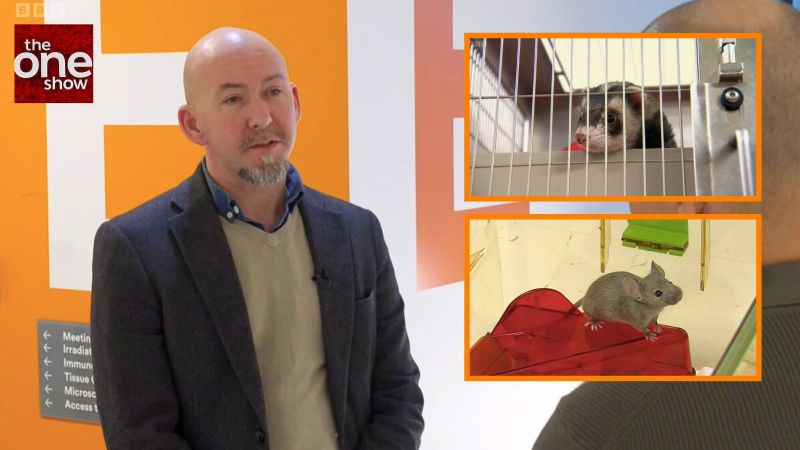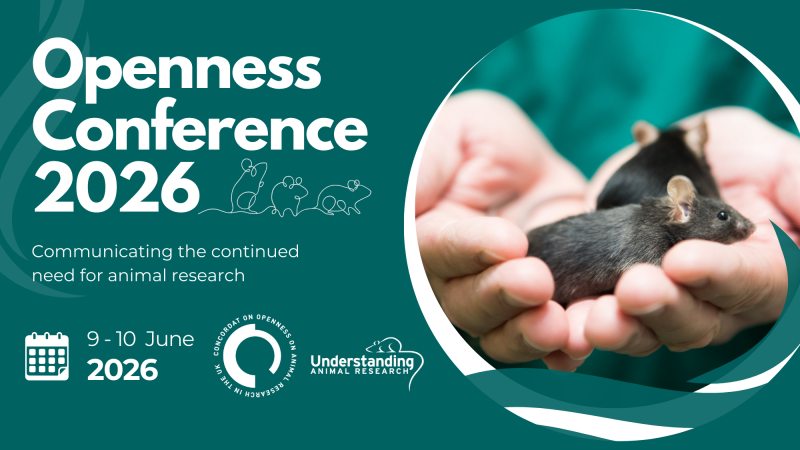
Text to go here...
 Mouse research has revealed a link between bone remodelling, blood sugar and diabetes. This has implications for people with type 2 diabetes and with osteoporosis.
Mouse research has revealed a link between bone remodelling, blood sugar and diabetes. This has implications for people with type 2 diabetes and with osteoporosis.
The natural process of bone breakdown and regrowth is thought to be linked to the production of insulin through the hormone osteocalcin. Osteocalcin, which is involved in remodelling, had been shown in an earlier study to trigger the production of insulin. This meant that cells were able to take up glucose from the blood more efficiently.
Research suggests the link works by a process whereby insulin can stimulate the production of more insulin by feeding into other mechanisms. Scientists discovered this by looking at osteoblasts (cells needed for bone formation) in mice. They saw that osteoblasts created an acidic environment which activated osteocalcin and also produced insulin. Insulin then signalled the osteoblasts to start resorption (bone regrowth) resulting in the creation of more osteocalcin and insulin. Researchers described insulin as a 'street-smart' molecule which takes advantage of the bone’s natural turnover process.
The findings are important for patients with diabetes and osteoporosis. Medicines which interfere with this loop, by slowing resorption, could increase the risk of developing type 2 diabetes. The team also suggests that, because it is now known to be an important factor, bone could become a new target in treating diabetes, and osteocalcin could be used in medicines.
Last edited: 11 January 2022 09:54



